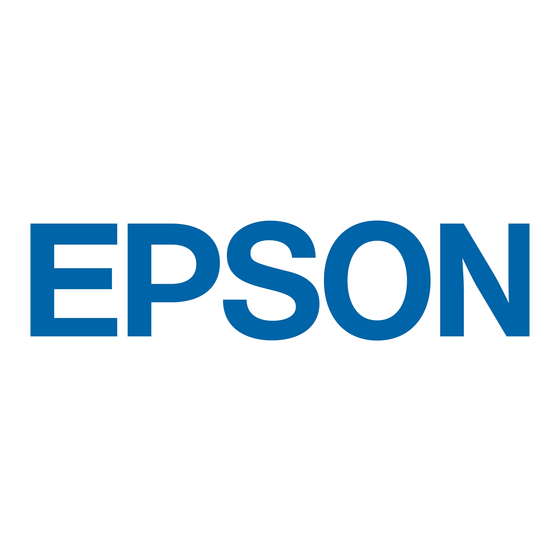Epson 2480 - Perfection Photo 매뉴얼 - 페이지 6
{카테고리_이름} Epson 2480 - Perfection Photo에 대한 매뉴얼을 온라인으로 검색하거나 PDF를 다운로드하세요. Epson 2480 - Perfection Photo 11 페이지. Scanning application force quits on mac os 10.4
Epson 2480 - Perfection Photo에 대해서도 마찬가지입니다: 제품 정보 매뉴얼 (6 페이지), 제품 지원 게시판 (1 페이지), 업데이트 매뉴얼 (2 페이지), 중요 안전 지침 (4 페이지), 설정 매뉴얼 (4 페이지), 빠른 시작 매뉴얼 (8 페이지), 제품 지원 게시판 (23 페이지), 업데이트 (1 페이지), 제품 지원 게시판 (40 페이지), 제품 지원 게시판 (24 페이지), 제품 지원 게시판 (29 페이지), 제품 지원 게시판 (8 페이지), 제품 지원 게시판 (3 페이지), 제품 지원 게시판 (14 페이지), 제품 지원 게시판 (12 페이지), 제품 지원 게시판 (40 페이지), 제품 지원 게시판 (11 페이지), 제품 지원 게시판 (40 페이지), 제품 지원 게시판 (22 페이지), 제품 지원 게시판 (12 페이지), 제품 지원 게시판 (21 페이지)

